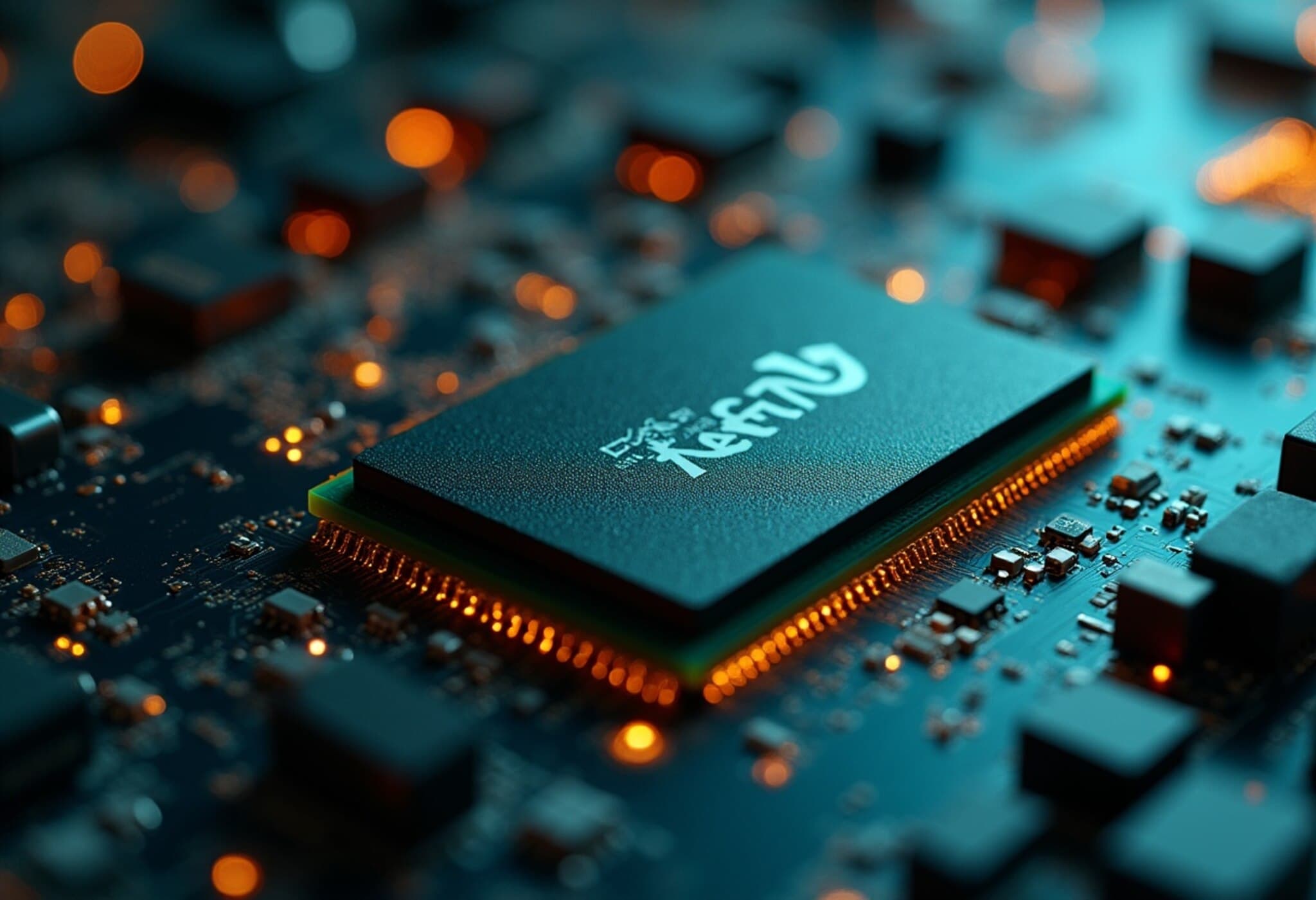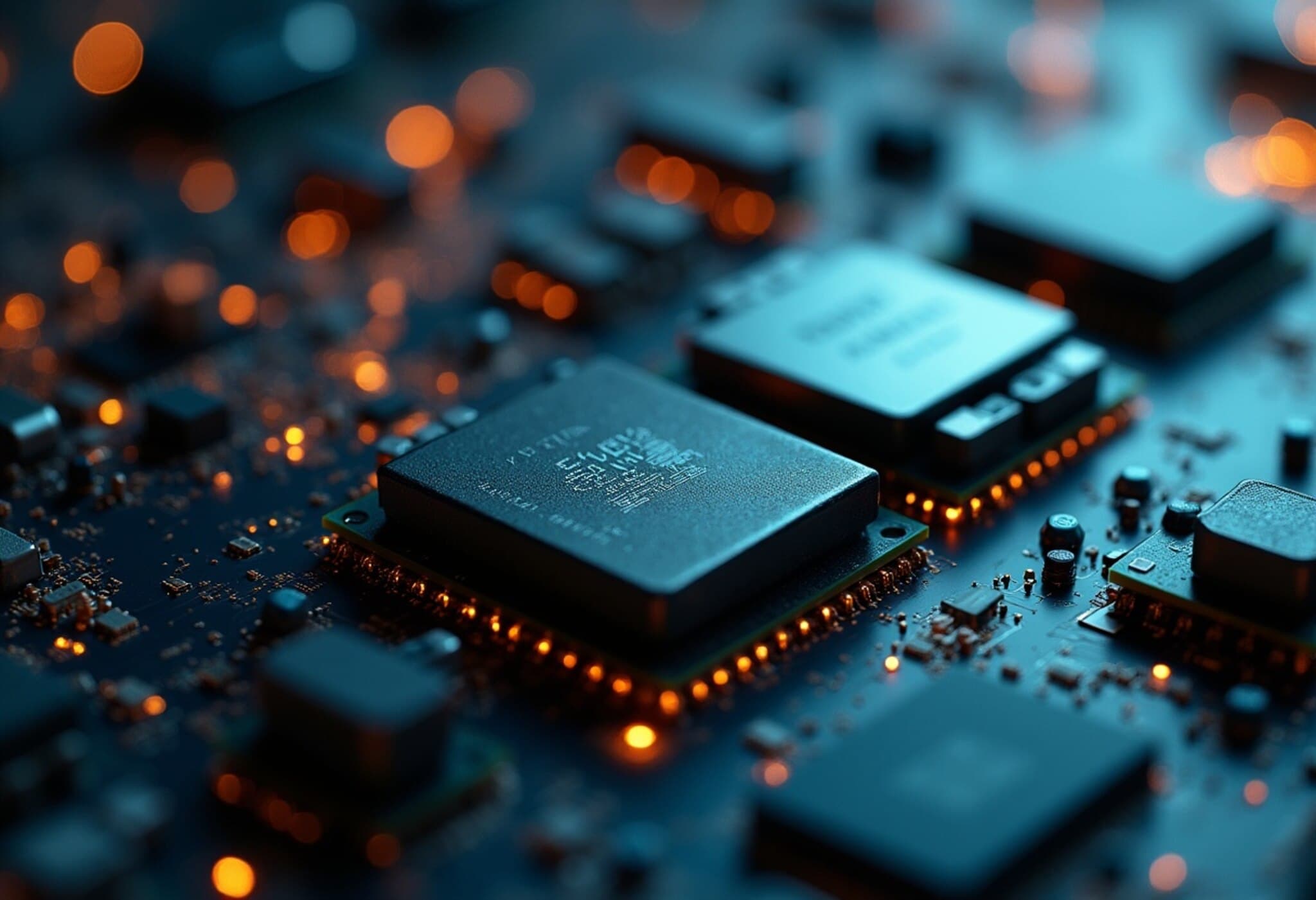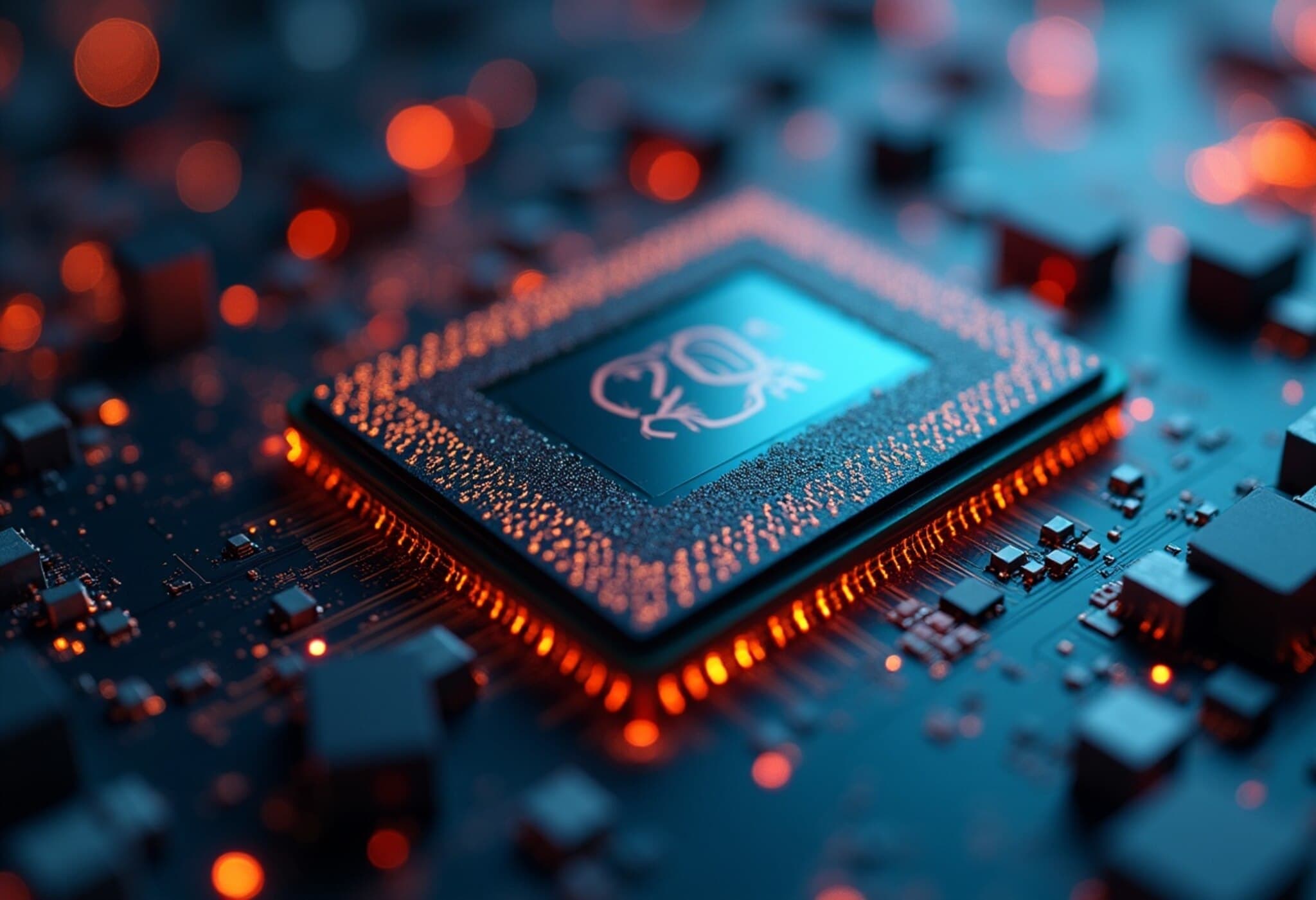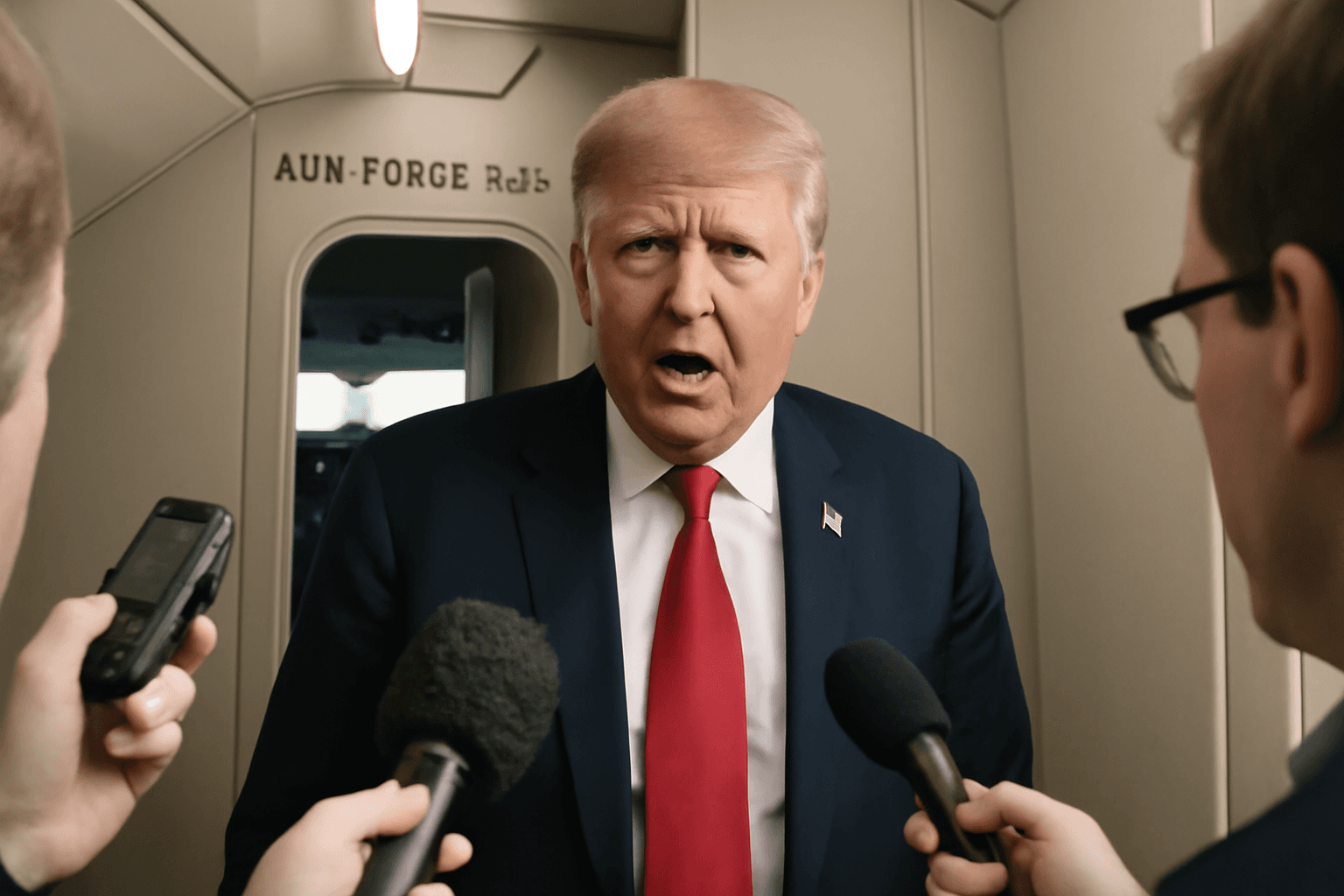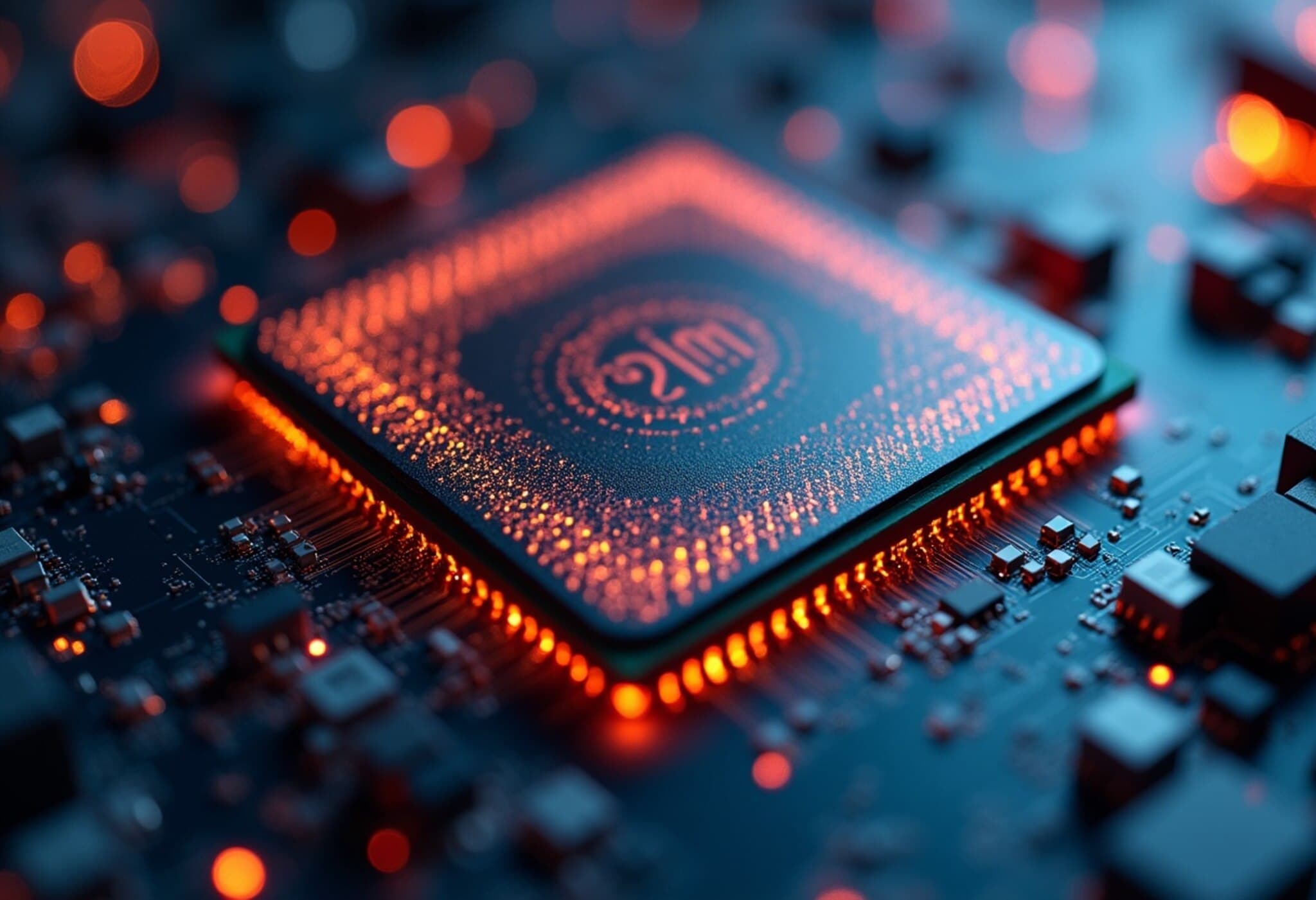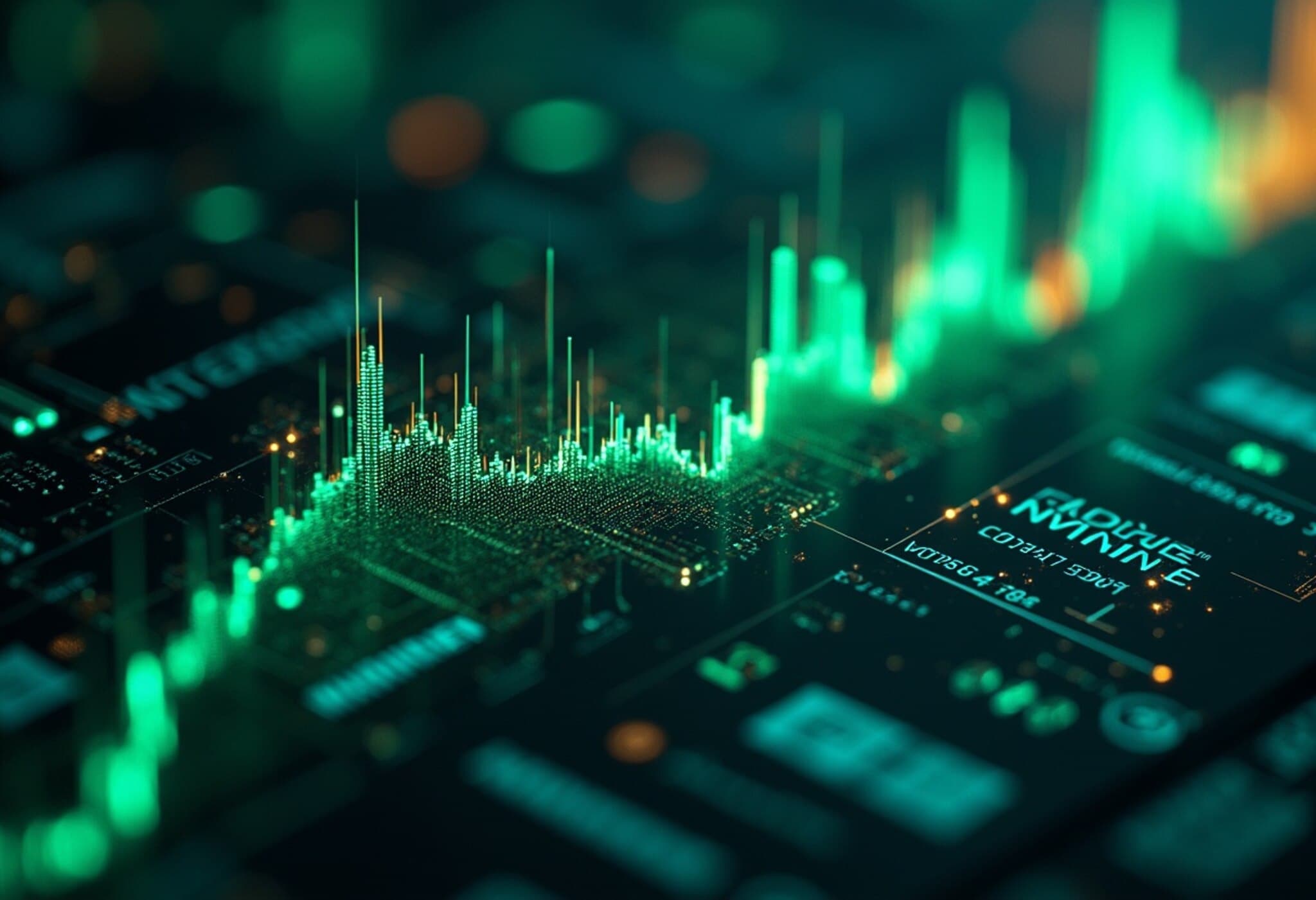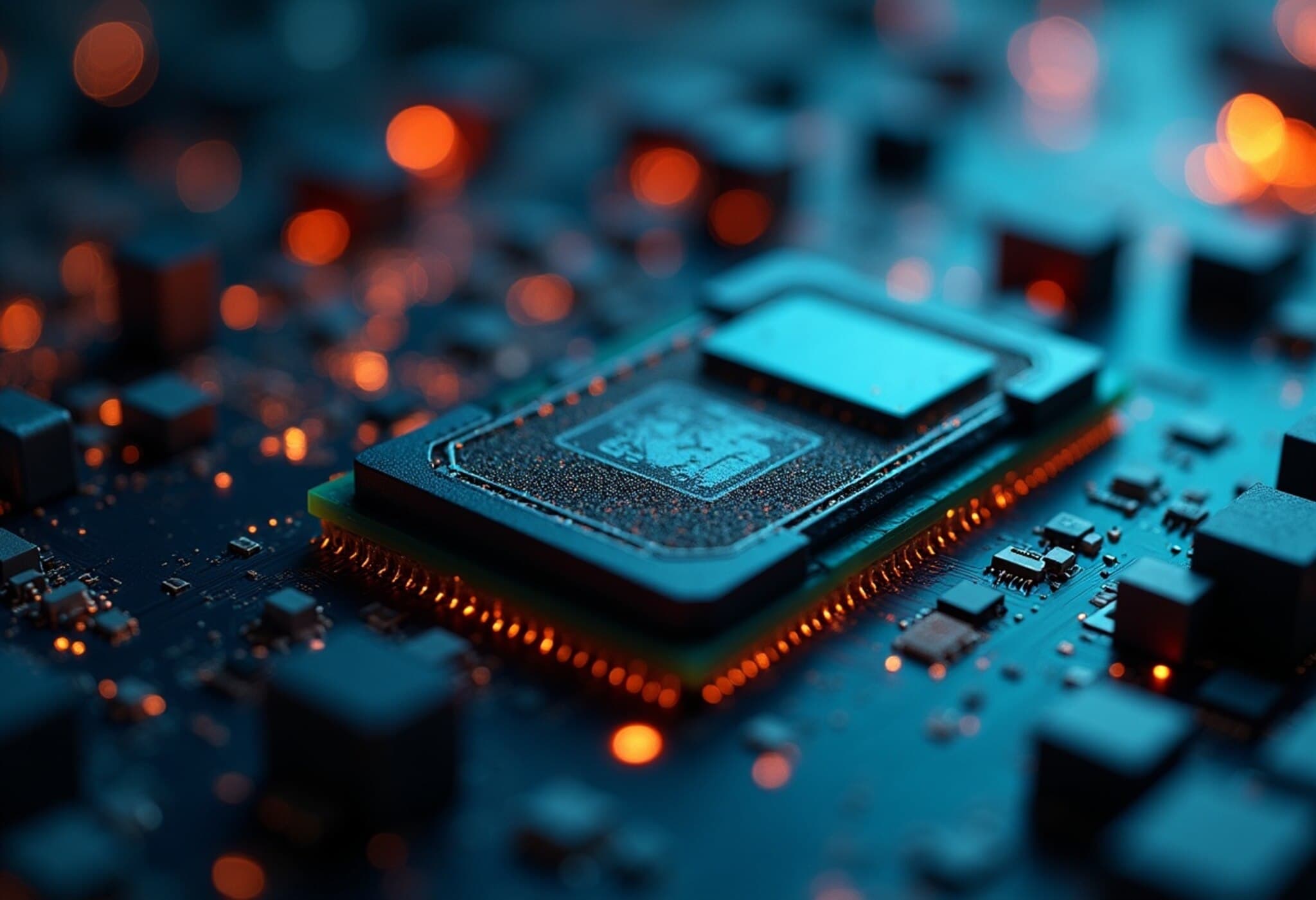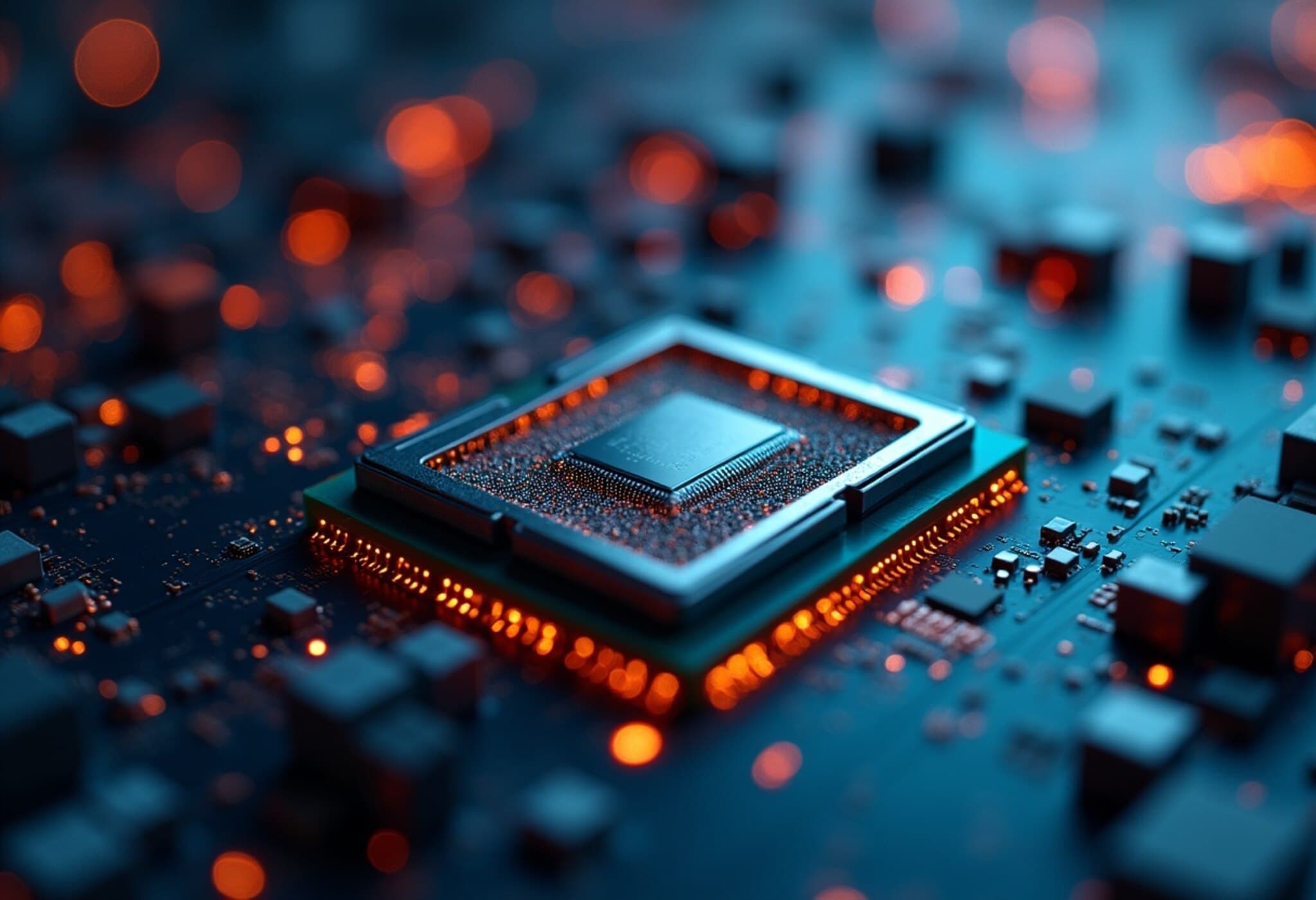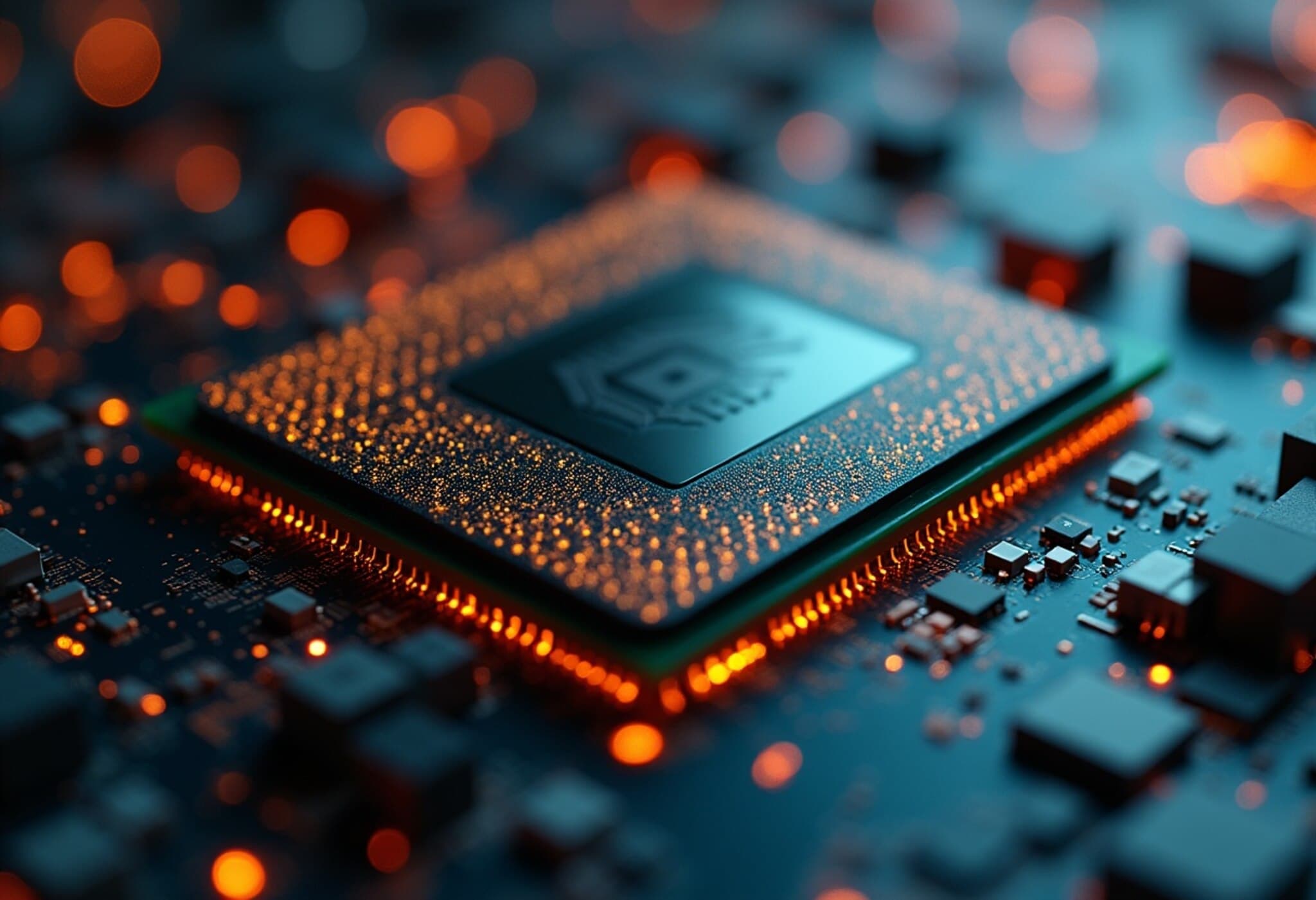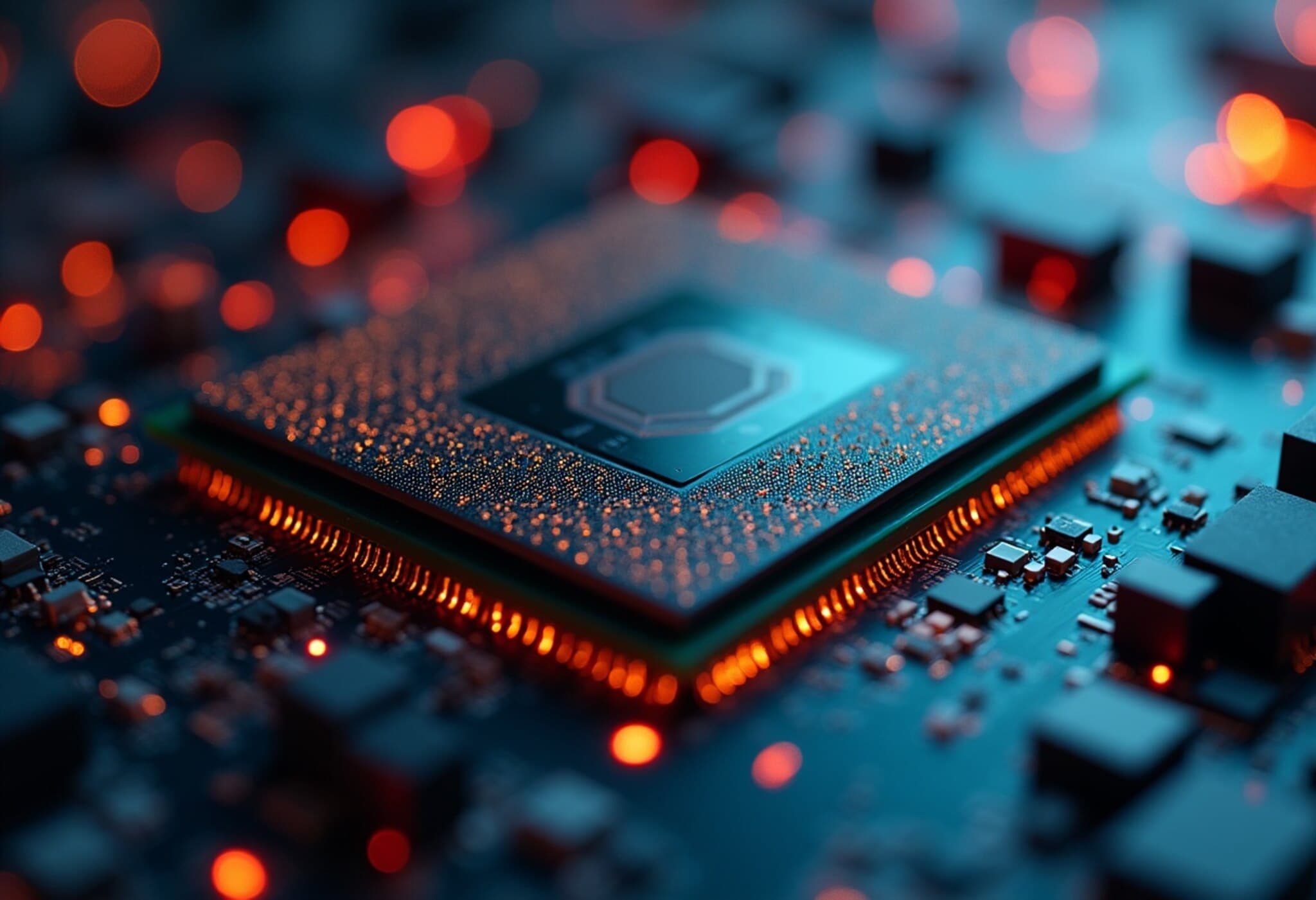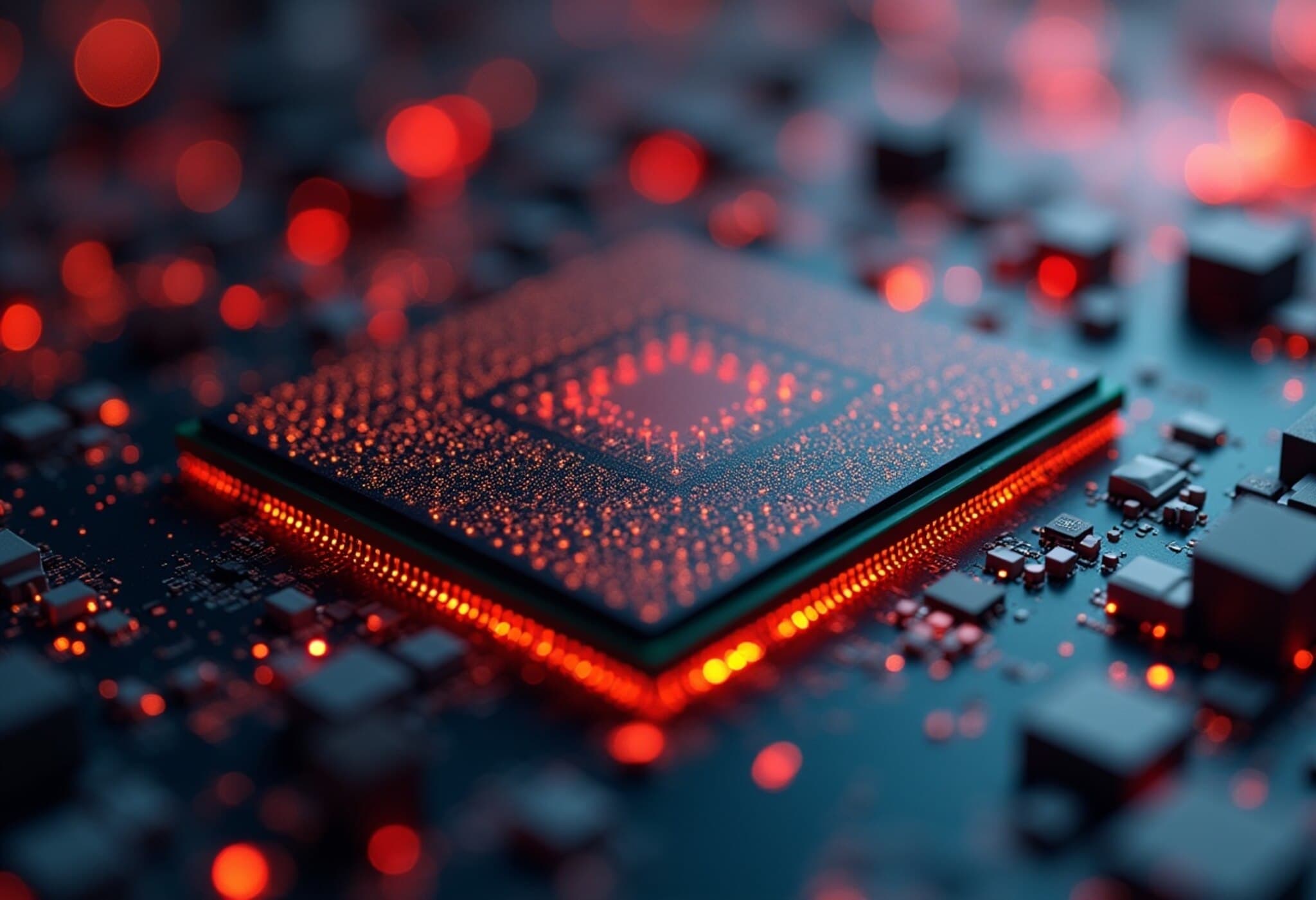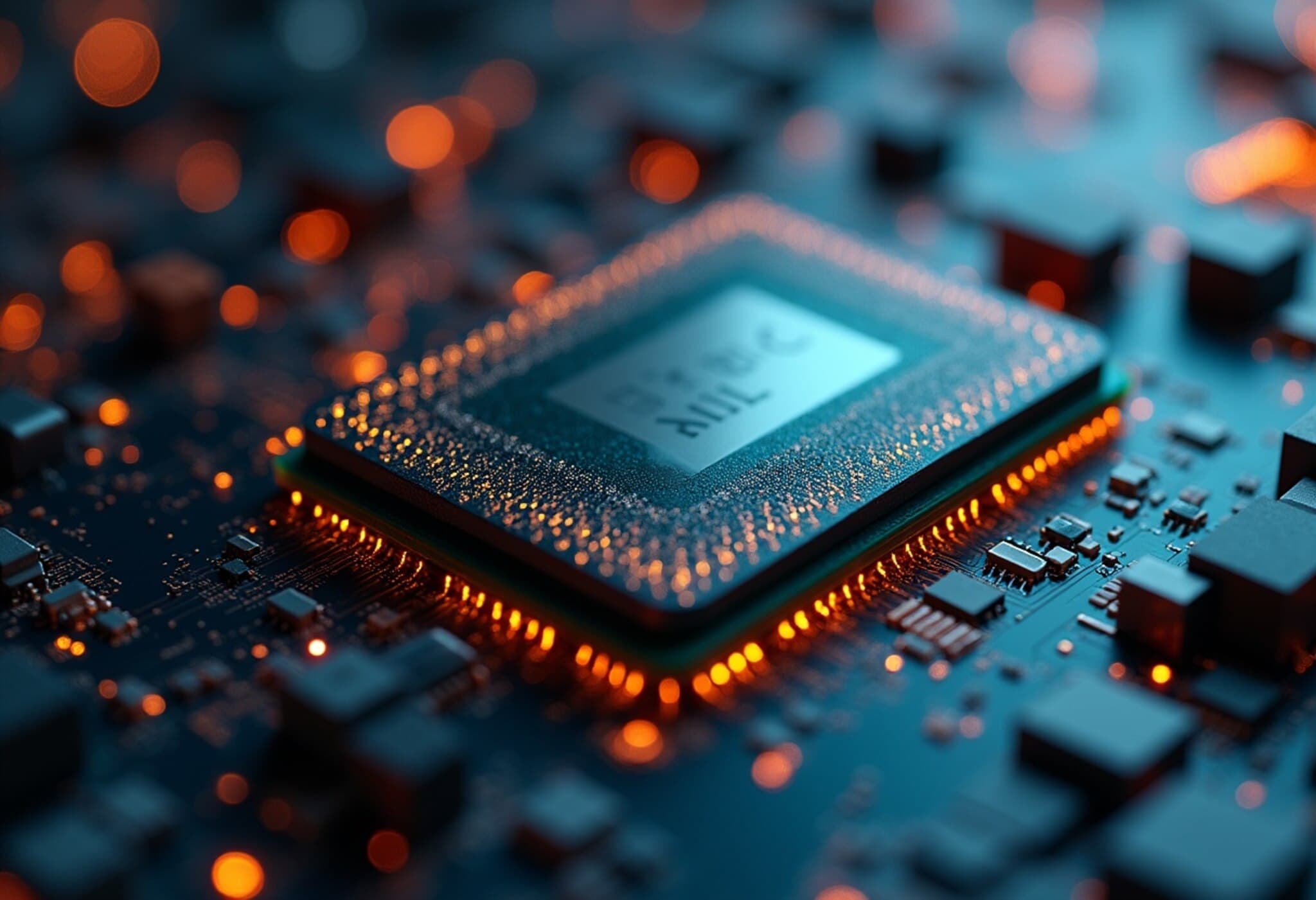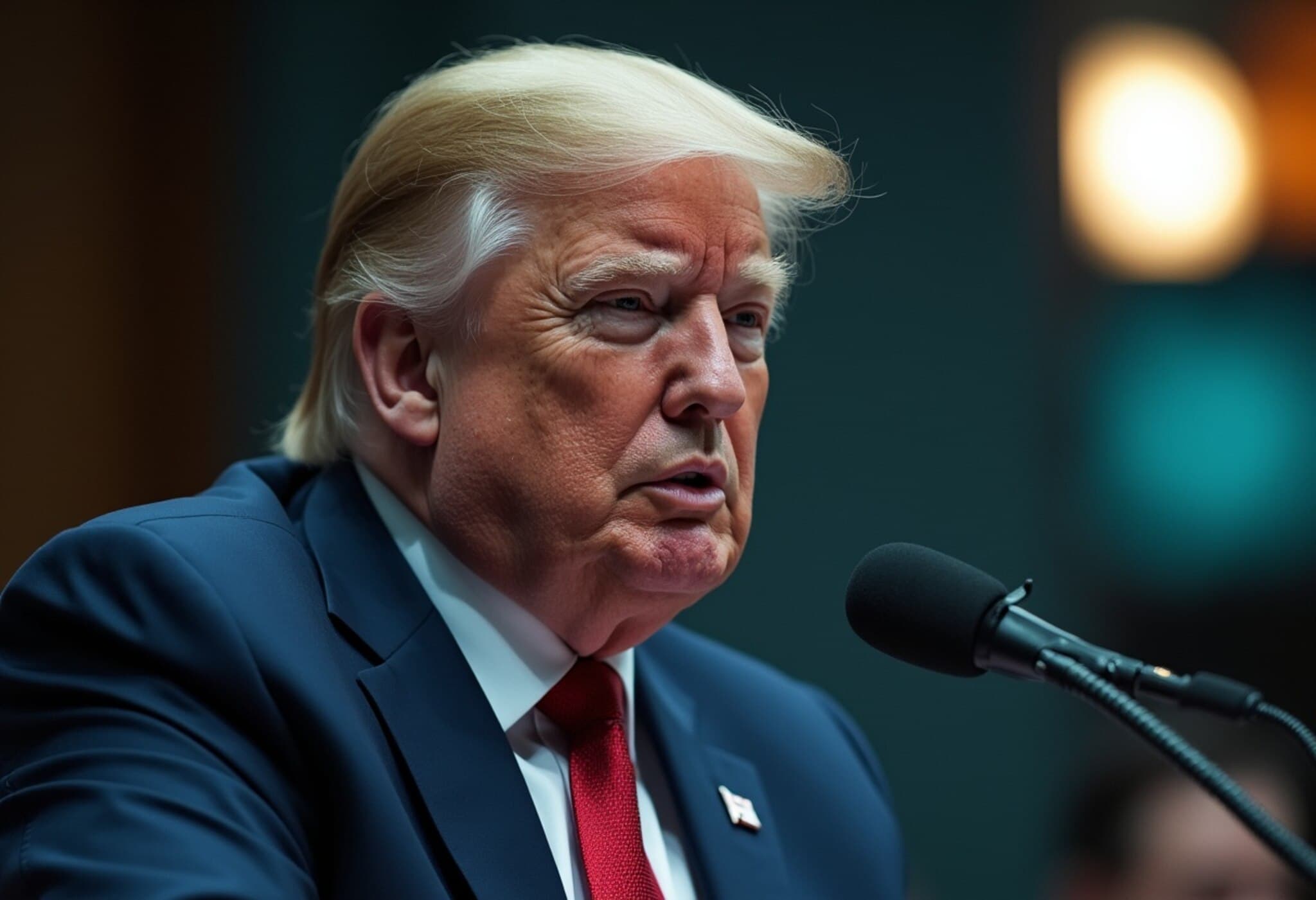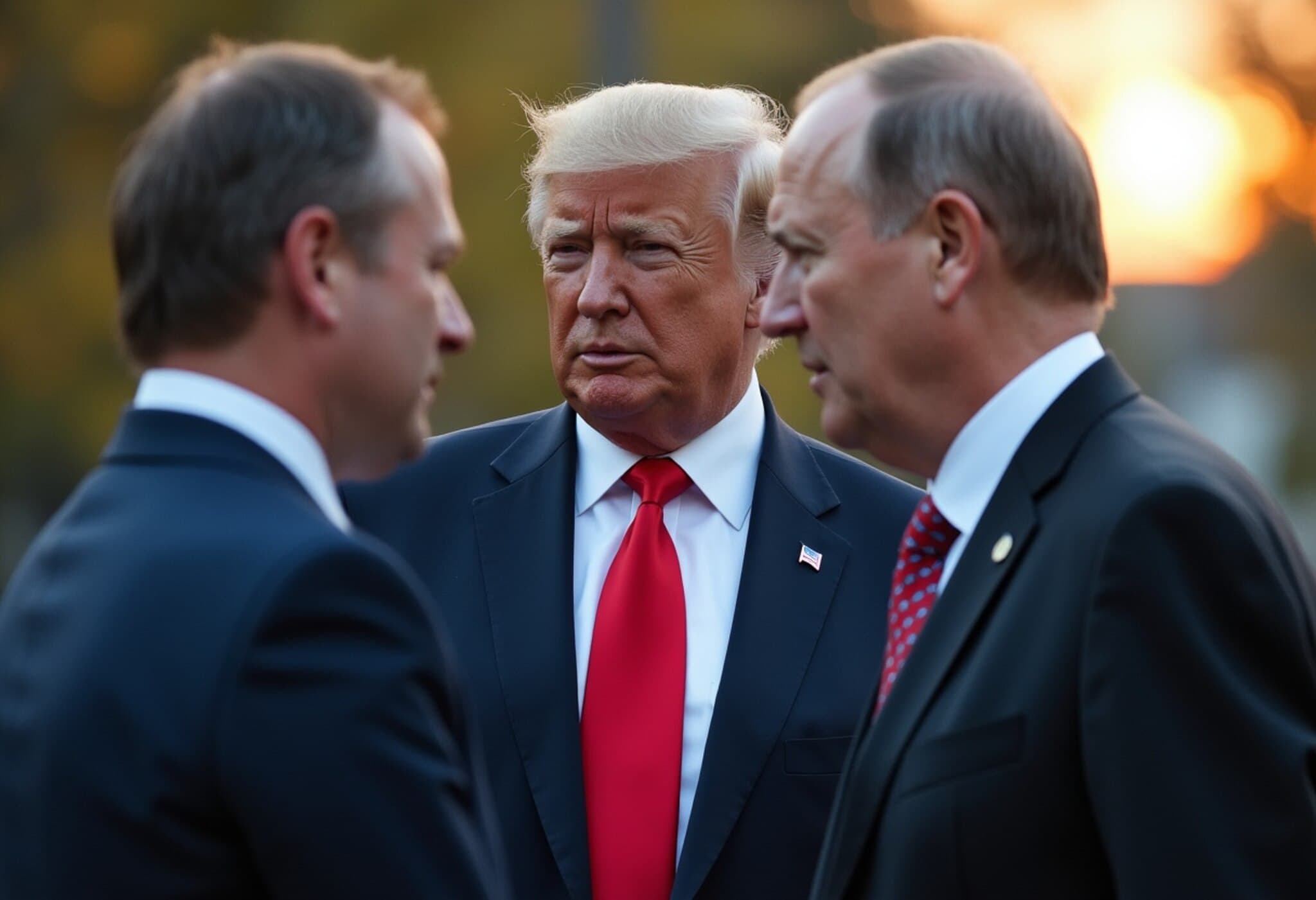Nvidia Responds to Chinese Security Concerns Over H20 AI Chips
On August 10, Nvidia found itself at the center of escalating tensions between the U.S. and China over semiconductor technologies. The American chipmaker firmly denied allegations from Chinese state media accusing its H20 artificial intelligence (AI) chips of posing a national security risk to China.
Chinese Media's Critique: Backstory and Claims
Earlier in the day, a WeChat article by the account "Yuyuan Tantian," associated with China's state broadcaster CCTV, criticized Nvidia’s H20 chips as neither technologically advanced nor environmentally friendly. The piece suggested that such chips might harbor a hardware “backdoor,” capable of enabling remote shutdowns or other forms of control—alarming claims that struck a chord amid sensitive tech restrictions.
The article stated, “When a type of chip is neither environmentally friendly, nor advanced, nor safe, as consumers, we certainly have the option not to buy it.” This rhetorical maneuver not only questioned the chip’s legitimacy but aimed to undermine its acceptance within China’s crucial AI market.
Nvidia’s Firm Rebuttal: No Backdoors, No Kill Switches
In a direct response to these claims, an Nvidia spokesperson clarified to CNBC that “cybersecurity is critically important to us. NVIDIA does not have 'backdoors' in our chips that would give anyone a remote way to access or control them.” This denial aligns with Nvidia’s previous statements affirming that while AI chips may contain hardware features for management, such as safety kill switches, these cannot be remotely activated as alleged by Chinese media.
Contextualizing the Chip Export Dispute
The dispute comes amid tense U.S.-China relations, especially around semiconductor export controls. After the Trump administration in 2023 imposed restrictions on advanced AI chips, Nvidia halted sales of its top-tier devices to China. However, it later resumed shipments of the H20 chip, a product specifically designed for the Chinese market and less sophisticated than its flagship H100 and B100 models.
U.S. authorities cite national security concerns, fearing that unreleased cutting-edge chips could empower military or AI advancements by Beijing. Meanwhile, China uses both diplomatic and media strategies to challenge these restrictions and maintain access to essential technology.
The Bigger Picture: Market Impact and Industry Implications
- China’s Market Importance: China ranks as one of Nvidia’s largest and fastest-growing markets, making the export restrictions a significant financial hurdle.
- Financial Toll: Nvidia reported taking a substantial write-down on unsold H20 inventory, estimating an $8 billion shortfall in revenue for the July quarter absent export constraints.
- CEO Jensen Huang’s Strategy: Huang actively lobbies for expanded export licenses, arguing that allowing Nvidia’s chips to dominate Chinese AI development benefits the U.S. by maintaining global technological influence.
- Potential Trade Negotiations: Chinese authorities reportedly are discussing easing access to certain memory chips as part of ongoing trade negotiations ahead of possible leadership summits.
What This Means for the Future of AI and Global Tech Rivalries
This episode highlights the increasingly entangled relationship between global technology, national security, and geopolitics. Chips like Nvidia’s H20 are not just pieces of silicon—they represent the frontline in a larger contest for AI supremacy and tech sovereignty.
Amid growing concerns over supply chains, second-source manufacturing, and export controls, companies and governments alike must navigate these complex waters carefully. The tension illustrates how technological advancement is inseparable from diplomatic strategy in the 21st century.
Editor’s Note
The debate surrounding Nvidia’s H20 chip underscores the delicate balance between innovation and national security in today’s fractured global landscape. While accusations about backdoors may be rooted in strategic posturing, they raise important questions about transparency and trust in critical technology.
For U.S. policymakers, the challenge lies in protecting intellectual property and security without stifling global collaboration that drives AI progress. For businesses like Nvidia, navigating this geopolitical chessboard will be essential to sustaining growth and innovation.
As this story develops, readers should consider how semiconductor technology not only powers AI but also shapes international relations and economic futures.

